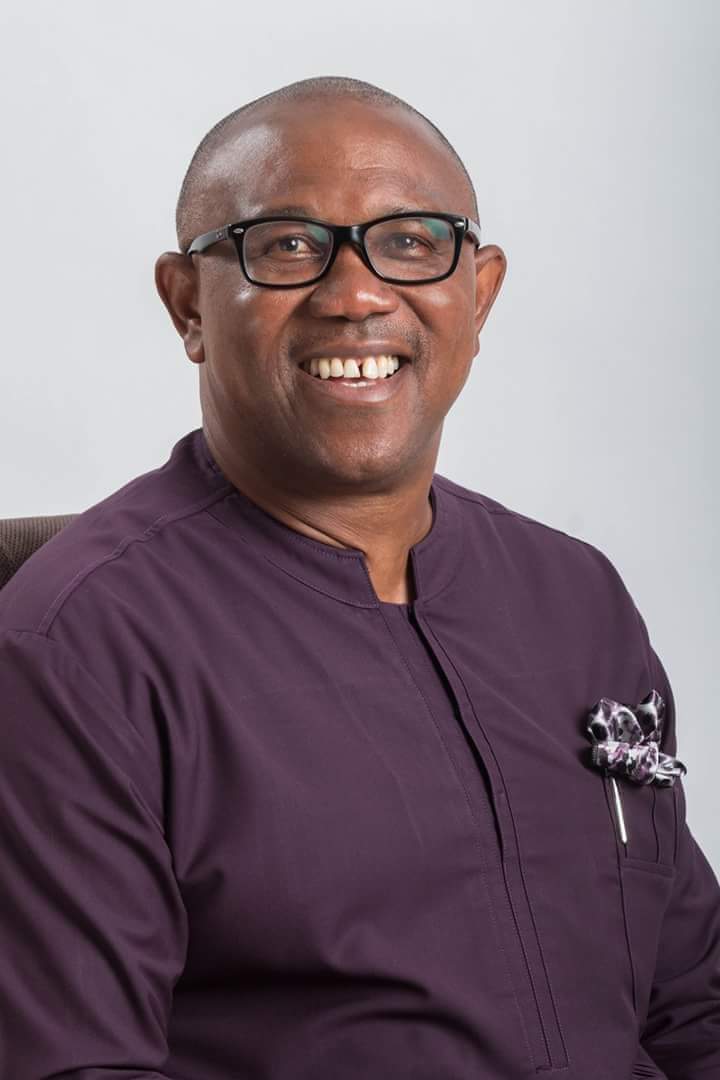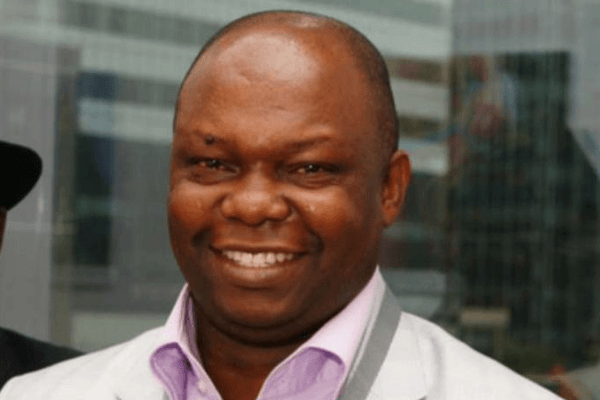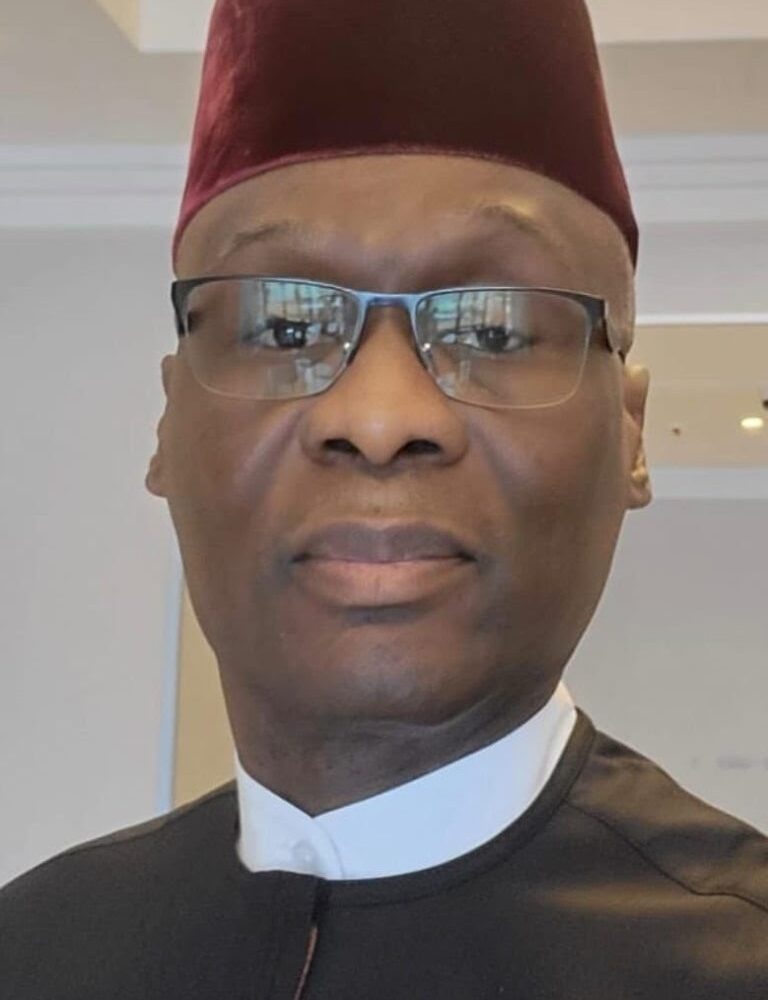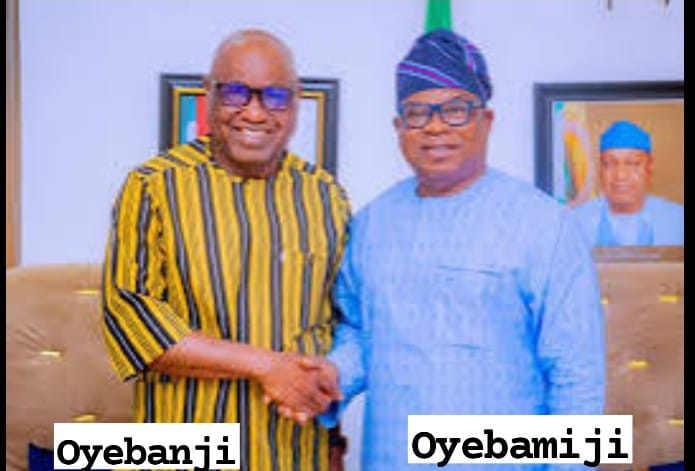In April, Emmanuel Macron became the first French President in two decades to win a straight return ticket to the Elysee Palace. He defeated Marie Le Pen of the National Rally Party by what is considered a convincing gap by French electoral standards. But, Macron’s triumph two months ago and his Party’s bad showing in yesterday’s parliamentary election is not the focus of this piece. I am trying to, in as few lines as possible, draw a similarity between Macron’s En Marche of 2017 and Peter Obi’s emerging Labour Party coalition and leave you to decide, if those of us believing that a President Peter Obi is possible in the next 10 months, are just being quixotic, or if there is any chance that our expectations could become reality.
After giving good account of himself in his positions as firstly, a deputy Secretary-General in the Elysee Palace and later as the Minister of the Economy, Industry and Digital Affairs, Mr. Macron left the Socialist administration of Francois Hollander and begun, what politicians and political pundits initially dismissed as some kind of unrealistic political showmanship, with the En Marche. Beginning from hosting and participating in series of public enlightenment programs and television talk shows. In early 2016, just roughly one year before the French presidential election, the 38 year old Macron floated a movement, En Marche, which was later to transform into a full political Party.
From dismissing his movement as some kind of unrealistic joke, the first sign that En Marche’s popularity was rattling the major political Parties, especially, Macron’s Socialist was when top leaders of the Party and officials of the Party began to criticize the Movement, and querying Macron’s loyalty to Francois Hollande’s administration. Macron was deliberate about choosing the focus of his campaign; workers, trade unions, youths and ordinary French citizens. The French media identified with him and gave him mostly positive coverage, which rankled the major Parties; Republicans and Socialists.
Macron resigned from Hollande’s government, but didn’t announce his resignation from the Socialist. The En Marche Movement was yet to become a political Party, hence, when he formally indicated interest in running for the presidency, some top officials of the Socialist Party urged him to take part in the primaries of the Party, but he declined, apparently suspecting that he would be unable to surmount the structures and support of old time members of the Party. He preferred to continue with his En Marche, which he eventually registered as La Republique En Marche and ran successfully on its flag to become the youngest ever President of the Republic of France and the first man outside either the Republican or Socialist Party to have won the presidency in a long time.
Like Peter Obi’s led Labour Party revolution, En Marche, which means; “Republic on the Move” is a centrist and liberal political Party that united both flanks of the political divide; the left and the right, bringing together those who are dissatisfied with or have been displaced in the internal power play within the two major Parties; the Socialist Party and the Republicans, as well as members of smaller political Parties. Also much like the quickly evolving Peter Obi led mass movement in Nigeria, Emmanuel Macron’s En Marche cashed in on the mass repulsion against the establishment and inspired the youths of France to team up with him and take over the leadership of the country. At the end of balloting in 2017, the Party initially dismissed as a mere paper tiger and without the required structures and spread to form a government won the presidency with over 66% of the ballot.
I am one of those who had expressed fears that the Labour Party without strong candidates for legislative positions across the country will not able to reasonably disrupt the system to win the presidency, but when you understand that as at the time Macron won his election, the La Republique En Marche didn’t have one legislative seat to its name. However, given that parliamentary elections usually come two months or less after the presidential election, the Party went ahead to win a commanding majority in the National Assembly two months later.
One might argue that the French democratic and electoral system is different from that of Nigeria and someone might even go ahead to dismiss my permutations as being too romantic, but what no one can take away from the electoral revolution that made Macron President of France and the quickly pacing Peter Obi revolution is that both are built around the ordinary people and not around some big names and political structures.
Macron built coalitions, he didn’t believe that merely inspiring the youths and the masses with his punchy speeches and the reality of his almost stainless background would give him the presidency on a platter of calabash, he moved into the political establishment and raided it. He brought in dissatisfied politicians as well as wealthy moneybags from the two major political Parties and convinced them to invest in his vision for a more progressive France.
While Peter Obi continues to widen his reach within the youth population and working class of Nigeria, he is not also completely ignoring the old political horses. The Peter Obi Movement is making inroads in areas where it would normally be thought impossible before now. PDP and APC big names, including former and serving governors, national assembly members and candidates have already started identifying with the Peter Obi Movement.
None of us who have thrown our hats into the Peter Obi project deceive ourselves with the delusion that it is going to be an easy match to victory, but we understand that if we work hard enough and refuse to be discouraged by some obstacles that will certainly be placed on our way, we shall, like the “Macronites” have the last laugh, if we persevere.
COME, LET’S TAKE BACK NIGERIA!
Onwuasoanya is the Director, Strategic Communication of the Peter Obi Support Network (POSN)





